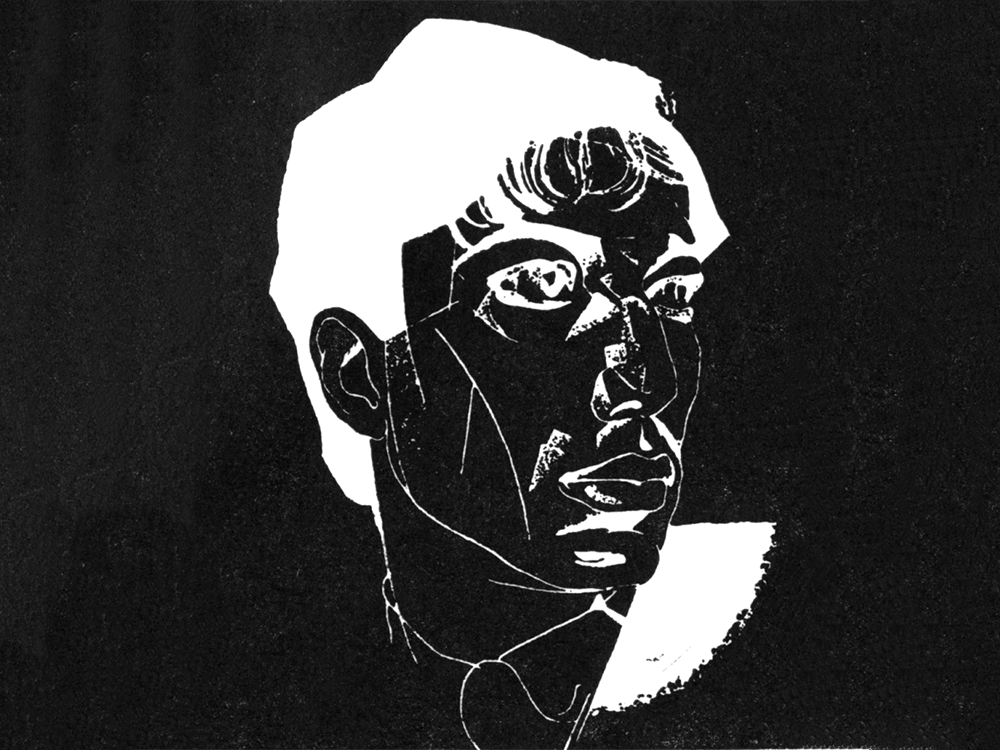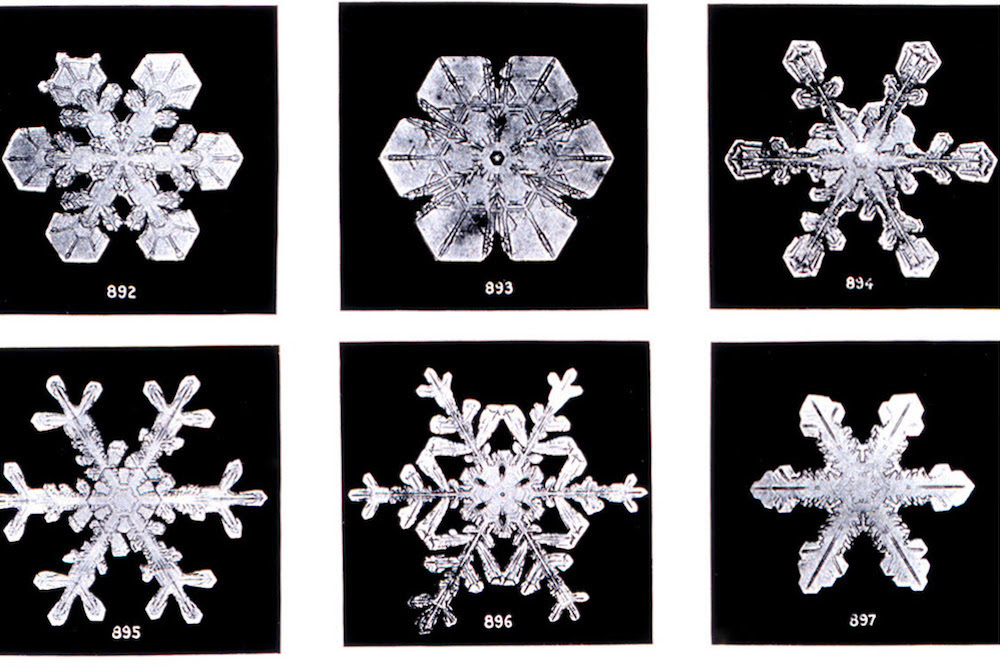Every week, the editors of The Paris Review lift the paywall on a selection of interviews, stories, poems, and more from the magazine’s archive. You can have these unlocked pieces delivered straight to your inbox every Sunday by signing up for the Redux newsletter.
This week at The Paris Review, we’re looking out the window to the snow and cold outside. Read on for Boris Pasternak’s Art of Fiction interview, Annie Proulx’s story “The Wamsutter Wolf,” and Donika Kelly’s poem “Dear—.”
If you enjoy these free interviews, stories, and poems, why not subscribe to The Paris Review? Or take advantage of our new subscription bundle, bringing you four issues of the print magazine, access to our full sixty-seven-year digital archive, and our new TriBeCa tote for only $69 (plus free shipping!).
Boris Pasternak, The Art of Fiction No. 25
Issue no. 24 (Summer–Fall 1960)
I remember coming to Pasternak’s house from the railroad station at dusk, taking a shortcut I had learned near the cemetery. Suddenly the wind grew very strong; a snowstorm was beginning. I could see snow flying in great round waves past the station’s distant lights. It grew dark very quickly; I had difficulty walking against the wind. I knew this to be customary Russian winter weather, but it was the first real metol—snowstorm—I had seen. It recalled poems by Pushkin and Blok, and it brought to mind Pasternak’s early poems, and the snowstorms of Doctor Zhivago. To be in his house a few minutes later, and to hear his elliptical sentences so much like his verse, seemed strange.
The Wamsutter Wolf
By Annie Proulx
Issue no. 171 (Fall 2004)
Within a mile or two of crossing the Wyoming line it began to snow—sparse, dry flakes. The map showed a gravel road cutting west in the vicinity of Tie Siding and he watched for it. He thought he must have missed it, pulled into a ranch road to turn around and then saw it was the one he wanted. He could see it snaking west, the distant Medicine Bows, where the snow was falling heavily, almost obscured.
The road was rough with stiff ruts left by hunters’ trucks, but passable. Despite the snow the surface was dry and his Jeep raised a pillar of chill yellow dust that mixed with the flakes and hung in the air for minutes.
Dear—
By Donika Kelly
Issue no. 227 (Winter 2018)
… Look: all of this was out of season, the doe
tossed on the roadside, the melted snow—
even me, standing over the carcass,and why? The crow long gone now, and what
marked the line between winter and spring?
And to read more from the Paris Review archives, make sure to subscribe! In addition to four print issues per year, you’ll also receive complete digital access to our sixty-seven years’ worth of archives. Or take advantage of our new subscription bundle, bringing you four issues of the print magazine, access to our full archive, and our new TriBeCa tote for only $69 (plus free shipping!).
from The Paris Review https://ift.tt/3hKEYD2



Comments
Post a Comment